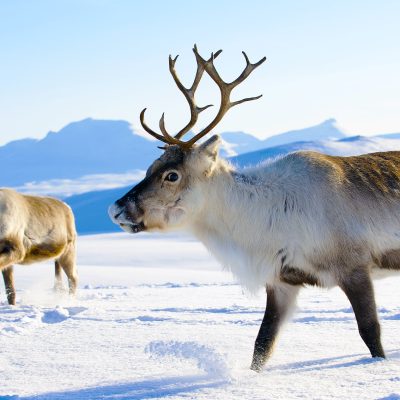The Arctic ice is melting at an unprecedented rate, according to observations made by scientists aboard the German research vessel Polarstern and satellite data analysis. Markus Rex, who led the expedition, stated that the ice’s extent in the summer of 2020 was only half the size it was decades ago. The ice was also only half as thick as it was almost 130 years ago. The Polarstern set sail from Bremerhaven towards the Arctic in September 2019 and returned in October 2020. The ship drifted through the Arctic Ocean for ten months, docked to a massive ice floe, allowing scientists to measure and document the entire ice cycle from freezing to melting for the first time.
The expedition is a significant step towards gaining a better understanding of the North Pole and climate change. The research team collected over 150 terabytes of data and took several tens of thousands of samples of ice, snow, water, and air. The German government’s most important climate research program, Mosaic, has provided detailed insights into these changing processes. The coming years will determine whether the Arctic ice cap can continue to exist year-round or whether summer sea ice will disappear, potentially triggering “uncontrolled cascades” that would further accelerate global warming.
Meereis-Physikerin Stefanie Arndt, one of the scientists aboard the Polarstern, commented that “we may be the last generation to experience an ice-covered Arctic in the summer.” Rex called for a drastic and rapid reduction in greenhouse gas emissions such as carbon dioxide to achieve the desired climate goals. Additionally, urgent work is needed on new technologies that could remove carbon dioxide from the atmosphere on a large scale. “We do not yet have these technologies,” he said. “We need rapid progress, especially in climate technologies,” said Federal Research Minister Anja Karliczek at an event of the Council for Sustainable Development. “Only then can we achieve the goal of living and working climate-neutrally by 2045.”
The Arctic and temperate regions are responsible for more extreme weather phenomena such as heatwaves, floods, and storms due to climate change. The Polarstern expedition has provided valuable data to help understand these changes and their impact on the planet. It is crucial to act now to reduce greenhouse gas emissions and develop new technologies to mitigate the effects of climate change.










